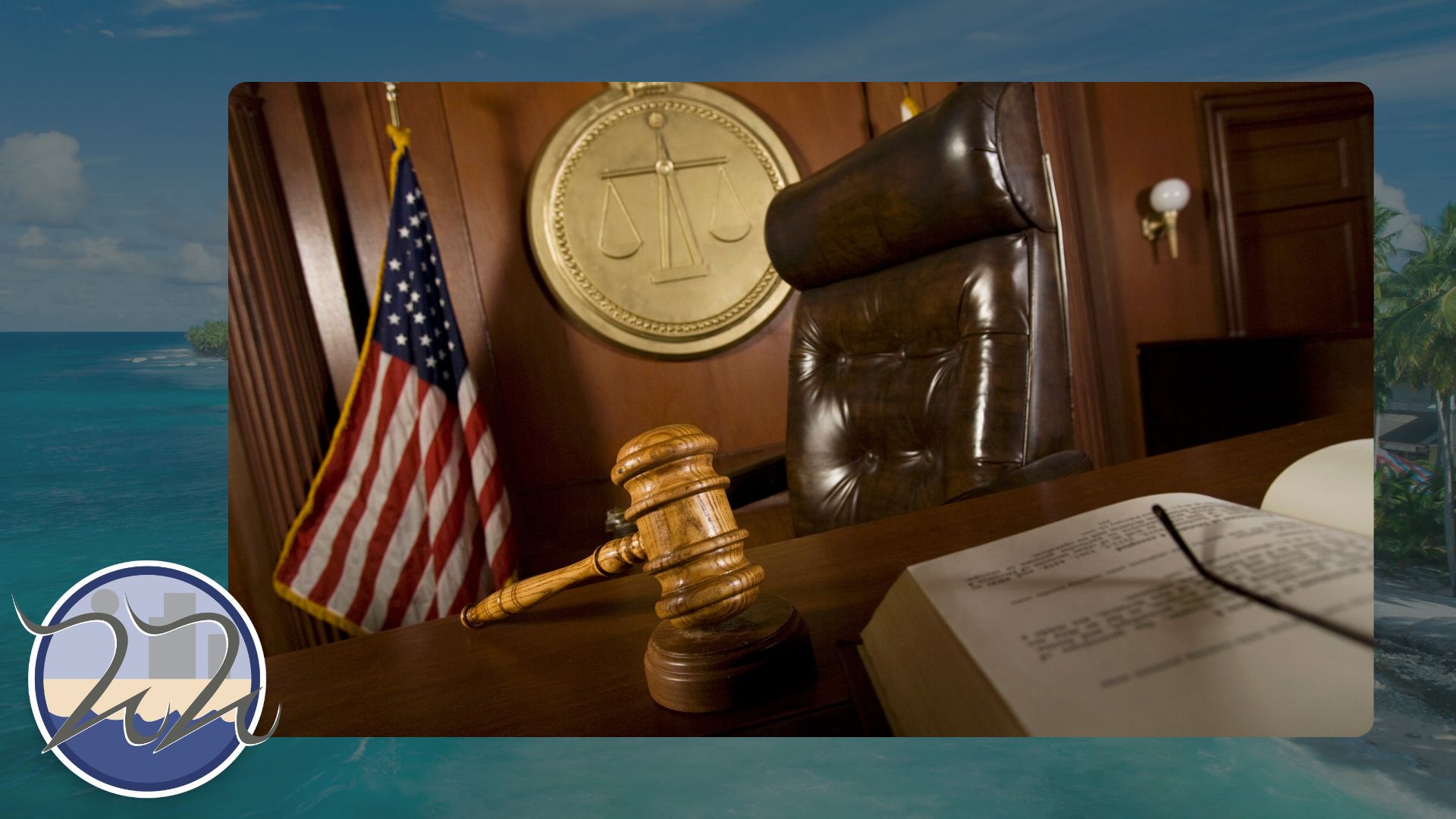Key Takeaways
- California landlords are entitled to a trial within 20 days under CCP §1170.5.
- Being prepared from day one increases your leverage and reduces delays.
- Never give extensions—doing so weakens your position.
- Trial readiness includes organizing evidence, securing witnesses, and confirming your attorney’s availability.
- Discovery or motions are not valid reasons to delay trial—judges must keep the case moving.

Table of Contents
- Understanding CCP §1170.5 and the 20-Day Rule
- The “Day One” Advantage: What Landlords Must Prepare Early
- Why Extensions Kill Your Case
- What If Trial Isn’t Set on Time?
- Discovery and Motions: What Does Not Count as Good Cause for Delay
- Building Your Eviction Trial Binder (Preview)
- Questions to Ask Before Hiring an Eviction Lawyer
- Conclusion: Push, Push, Push
Understanding CCP §1170.5 and the 20-Day Rule
Under California’s Code of Civil Procedure §1170.5, landlords are entitled to a trial within 20 days after filing a request in an unlawful detainer (eviction) case. This statute exists to protect landlords from unnecessary delays that can cost months of lost rent. By invoking this rule early and forcefully, you can significantly reduce the time it takes to recover possession of your property.
The “Day One” Advantage: What Landlords Must Prepare Early
Speed is strategy in eviction court. Being prepared on Day One sets the tone for the case. Here’s what you need to have ready before even filing the complaint:
Submit Evidence Before Filing
Organize all documentation—lease agreements, payment histories, notices served (with proof of service), tenant communication, and inspection photos. Deliver this to your attorney early to avoid scrambling when the trial is set.
Secure Witnesses Immediately
Identify anyone who can testify on your behalf (e.g., on-site managers, maintenance staff). Don’t assume they’ll be available—subpoena them if needed to ensure their presence.
Confirm Your Lawyer’s Trial Availability
Your eviction lawyer must be available on the scheduled trial date. Delays caused by your own legal team undermine your timeline advantage. Choose a trial-ready attorney who understands landlord rights under CCP §1170.5.
Why Extensions Kill Your Case
One of the biggest mistakes landlords make is granting extensions to tenants or their attorneys. This creates openings for delay tactics like:
- Filing excessive discovery requests
- Serving motions to strike or demurrers
- Seeking continuances to “prepare a defense”
By refusing extensions, you apply pressure. Most tenant eviction attorneys work high-volume, low-margin cases. They are more likely to settle when they know you’re pushing for a fast trial.
What If Trial Isn’t Set on Time?
If your trial isn’t set within 20 days, you can request a hearing to compel the court to:
- Schedule trial immediately, or
- Order the tenant to deposit rent into an escrow account pending resolution of the case
This rent escrow option can mitigate your financial losses while reinforcing urgency in the case timeline.
Discovery and Motions: What Does Not Count as Good Cause for Delay
Under California law, discovery requests and motion filings are not valid reasons to delay an eviction trial. Judges are expected to honor CCP §1170.5 unless there’s a compelling reason. Your attorney should object to any continuance request that is based solely on:
- Active discovery
- Pending motions
- Tenant’s scheduling issues
Push back hard. The court must send you out to trial unless the tenant demonstrates true legal necessity for delay.
Building Your Eviction Trial Binder (Preview)
You’ll need a comprehensive trial binder with:
- Chronological summary of events
- Copies of all documents submitted
- Witness list and statements
- Highlighted legal references (e.g., CCP §1161, §1170.5)
We’ll break down exactly how to build this binder in a future post, but for now—start compiling it before the eviction is even filed.
Questions to Ask Before Hiring an Eviction Lawyer
Don’t assume every landlord attorney is trial-ready. Ask:
- Can you go to trial on Day One?
- Do you regularly invoke CCP §1170.5?
- Will you object to tenant delays and motions?
- Are you prepared with a complete case strategy before filing?
Only work with eviction lawyers who understand how to press forward—fast.
Conclusion: Push, Push, Push
If you’re a landlord in California, delay is your biggest enemy. Use CCP §1170.5 to set the pace, deny extensions, and pressure the opposing side into early resolution or fast trial.
The longer the tenant stays in possession, the more it costs you. Don’t let the court process be used against you. Be ready for trial on Day One—and win.
Want More Support?
Join Widget’s Way and access exclusive landlord tools, weekly legal updates, and live eviction strategy calls with Southern California’s leading property management experts.
Disclaimer: The information in this article is for general informational purposes only and should not be considered legal advice. Laws and regulations vary, and your specific situation may require personalized legal guidance. Please consult a qualified attorney for advice regarding your particular case.